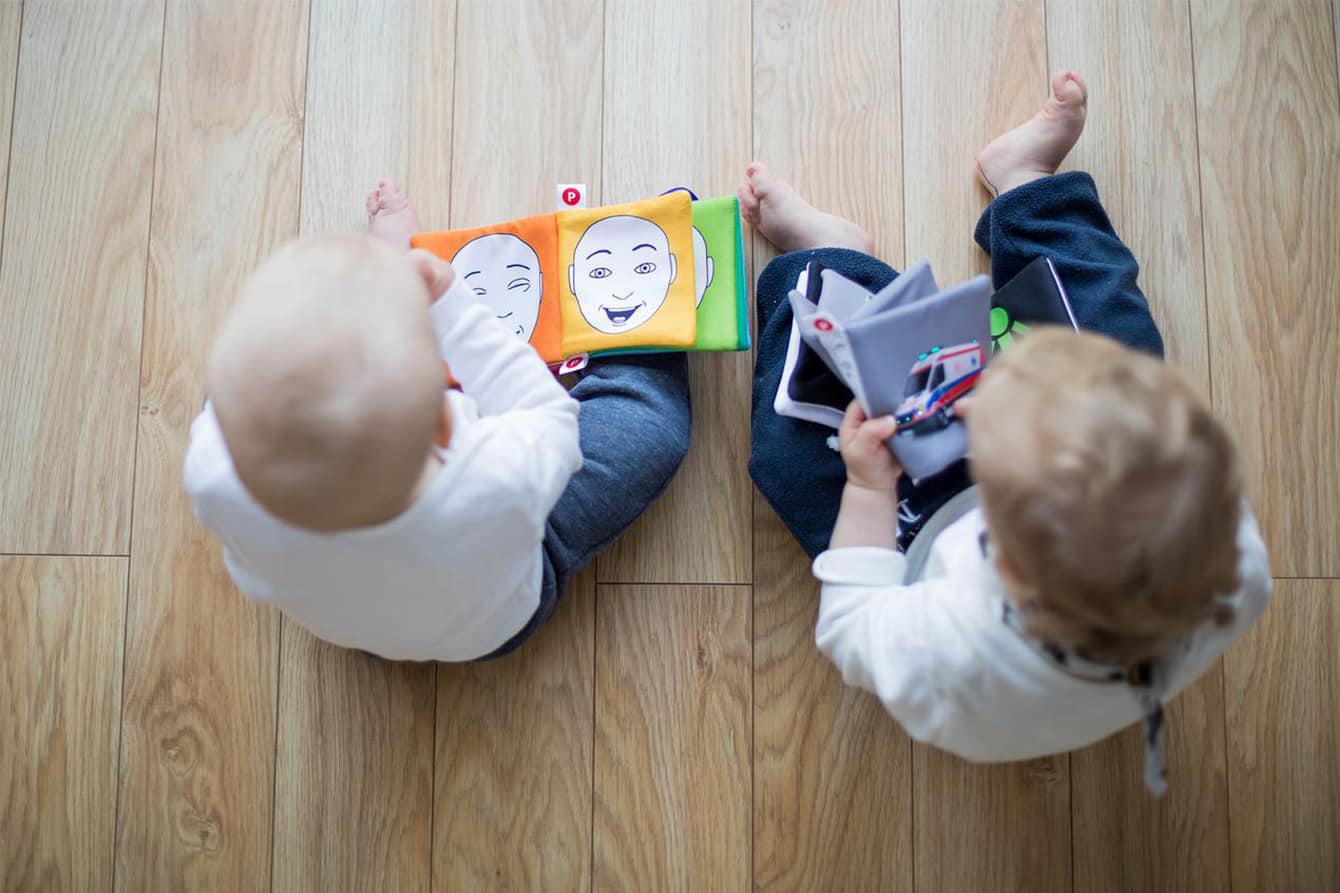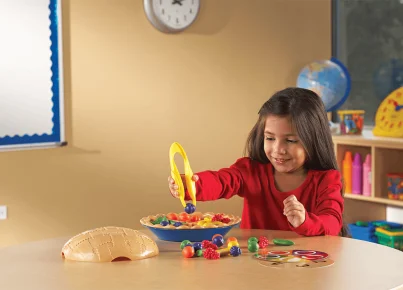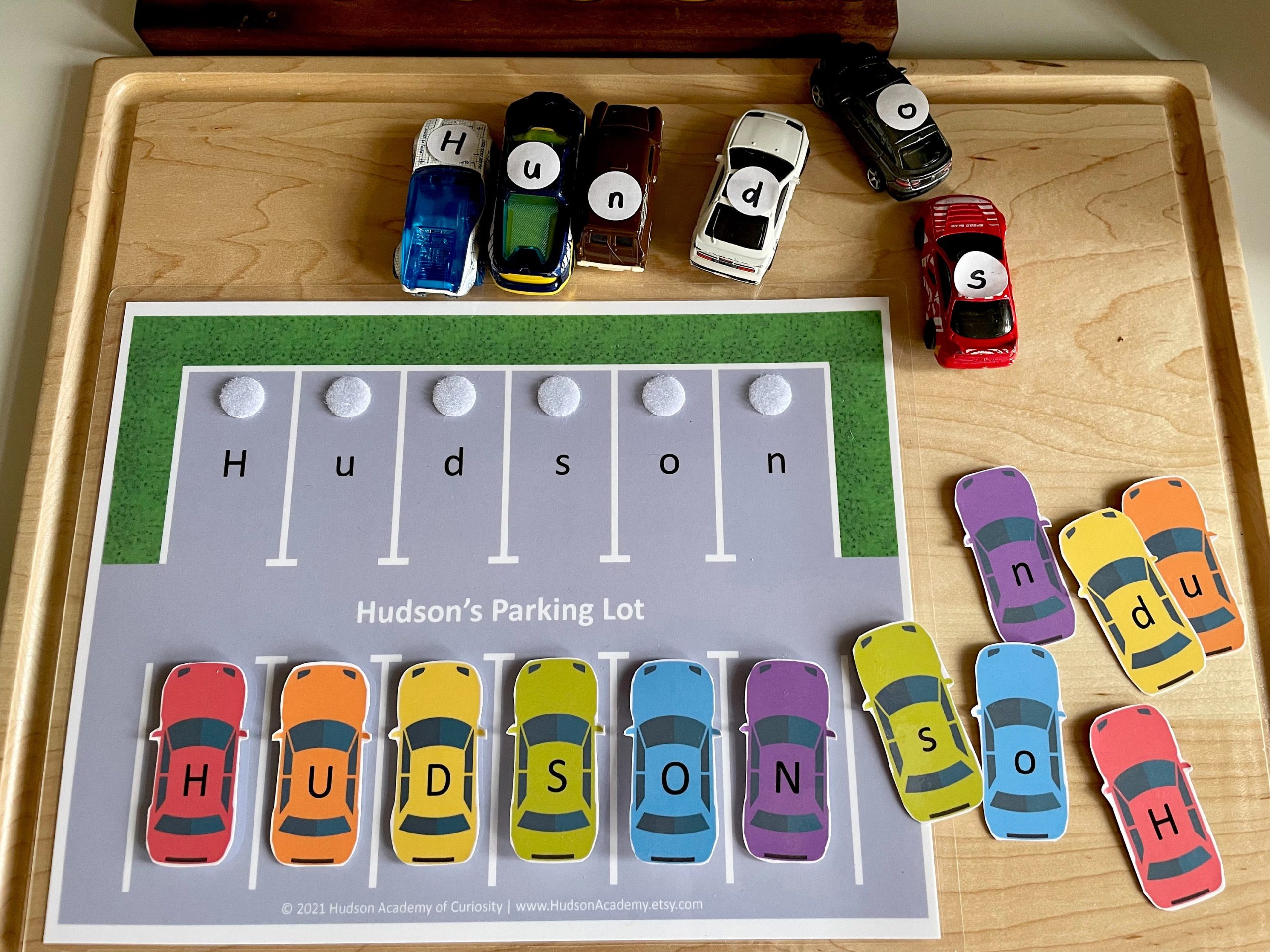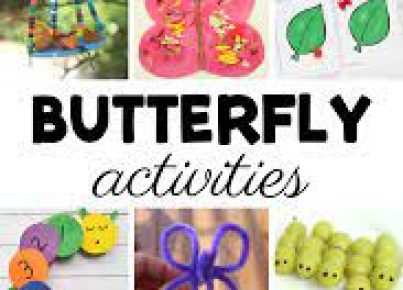Introduction:
Developing cognitive skills in preschool-aged children is essential for their overall growth and development. By engaging in cognitive development activities, children can improve their memory, reasoning, problem-solving, and creative thinking skills. Here are 20 activities to boost cognitive development in preschoolers.
1. Puzzles:
Provide your child with age-appropriate puzzles that cater to their interests. Puzzles aid in improving problem-solving skills, fine motor skills, and hand-eye coordination.
2. Storytelling:
Encourage your child to create and share stories using their imagination. This promotes language development and creative thinking.
3. Sorting Objects:
Provide a mix of objects for your child to sort by color, size, or shape. This activity reinforces categorization skills and logical thinking.
4. Matching Games:
Create simple matching games using flashcards that include images or words. This strengthens memory and visual recognition skills.
5. Building Blocks:
Encourage your child to construct structures using building blocks. This helps develop spatial awareness and problem-solving abilities.
6. Treasure Hunts:
Set up a treasure hunt with clues or riddles that lead to a hidden prize. This activity promotes reasoning skills and engages memory recall.
7. Memory Games:
Play memory games where you take turns repeating sequences of numbers, colors, or objects to boost memory retention skills.
8. Counting Games:
Challenge your child to recognize and count numbers, objects, or patterns correctly to enhance number sense.
9. Guessing Games:
Ask your child to guess sizes, weights, or quantities of various objects which helps sharpen estimation skills.
10. Alphabet Activities:
Make learning the alphabet fun through songs, puzzles, games or tracing letters – fostering language development and letter recognition.
11. Simple Science Experiments:
Introduce simple science experiments like growing plants from seeds or mixing colors to stimulate curiosity and understanding of cause-and-effect relationships.
12. Cooking Activities:
Involve your child in age-appropriate cooking activities, measuring ingredients, and following recipes to improve their mathematical and logical thinking.
13. Simon Says:
Play a game of Simon Says to enhance your child’s ability to follow instructions and focus on details.
14. Dress Up or Role Play:
Create scenarios for your child to role play or dress up as different characters, boosting creativity and imaginative thinking.
15. Fine Motor Activities:
Provide cutting, coloring, and drawing exercises that enhance fine motor skills and hand-eye coordination.
16. Patterns and Sequences:
Encourage children to create patterns using beads, blocks or other objects – building the foundation for math-related concepts.
17. Phonics Practice:
Help your child identify the individual sounds within words to strengthen language development.
18. Sequencing Cards:
Create cards featuring various events in a story for children to arrange in order – promoting sequencing and organizational skills.
19. Tracing Exercises:
Practice tracing shapes, numbers, and letters with your child to boost fine motor abilities, spatial reasoning, and visual-motor integration skills.
20. Reading Together:
Read books with your child regularly to foster a love for reading while enhancing vocabulary and comprehension skills.
Conclusion:
Cognitive development is crucial during the preschool years as it sets the stage for lifelong learning. The 20 activities listed above can easily be incorporated into daily routines or curriculum – providing fun, engaging ways to promote cognitive growth in young learners.





